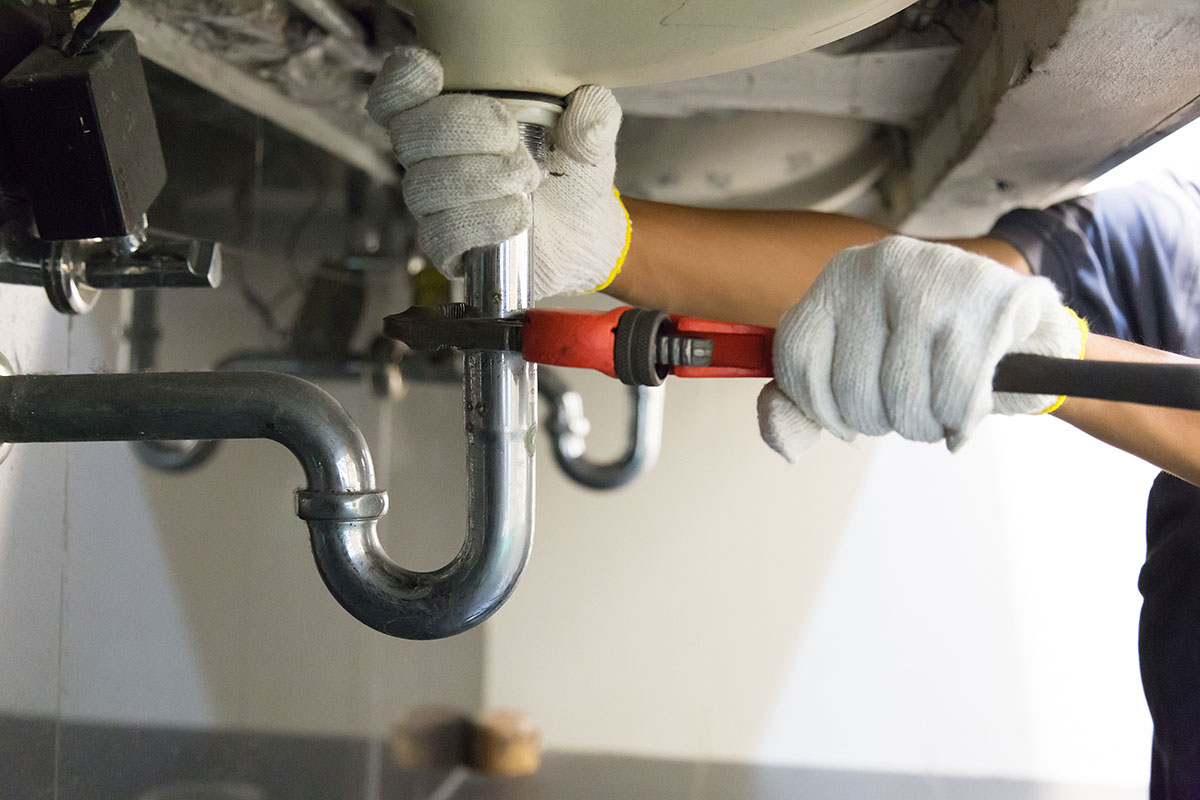MTVH’s surplus falls a third after ‘non-recoverable’ costs from Richmond House fire
Metropolitan Thames Valley Housing (MTVH) has seen its surplus drop by around a third as it made a provision for “non-recoverable” costs from a block of flats that was destroyed by a fire in 2019.
The 58,000-home landlord’s annual results showed that its surplus after tax fell to £40.7m in the year to the end of March 2022, compared to £60.6m in the same period last year.
The group recorded non-recurring costs of £12.9m, which hit its surplus.
These costs included “non-recoverable costs” over a fire at Richmond House in 2019 and “related remediation works” across the rest of the wider development in Worcester Park, south-west London.
The fire in September 2019 completely destroyed Richmond House, a four-storey block made up of 23 shared ownership homes, owned and managed by MTVH.
In its results, MTVH also classified costs from waking watches and intrusive surveys as non-recurring items.
Overall, the housing association spent £23m more on fire safety, compared to £20m the year before.
MTVH’s group turnover fell by nine per cent from £446m to £406m, largely due to lower revenue from properties for outright sale compared with last year.
The housing association saw its total revenue from home sales fall from £109m to £59m and the sale of first tranche shared ownership units brought in £42m, a £2m drop from the previous year.
The surplus derived from home sales was down by £6m year-on-year, while total operating expenses, which include selling costs, rose by 18 per cent to £284m.
MTVH said this reflects the “increasing level of fire safety expenditure being incurred, the post-lockdown return to normal operations, investment in the corporate plan as well as the impact of rising costs of labour and material across all of our operations”.
The association spent £161m on land acquisition and building new homes in 2021-22 – £2m more than the previous year – and invested £138m in existing stock, up from £126m in 2020-21.
In 2021-22, MTVH built 712 homes, down from 923 in 2020-21. This included 161 homes for rent, 165 for shared ownership, 30 for private sale and 356 in joint ventures with other parties.
The housing association said the drop was in large part due to the economic impact of COVID-19, which slowed construction on its sites.
The landlord has also cut its 10-year development programme from 13,400 homes in 2020-21 to 11,800 in 2021-22, joining other associations that are cutting their housebuilding targets.
MTVH has 5,527 new homes in the pipeline, a drop from 6,239 in 2020-21.
As of 31 March 2022, the landlord had net debt of £1.75bn, down from £1.8bn at the same point last year.
The landlord’s gearing figure fell from 40 per cent in 2020-21 to 38 per cent in the year to 31 March.
Meanwhile, MTVH said that it saved £684,000 from cracking down on fraud.
It created a specialist role to investigate fraud and tackle it, which led to 54 proven cases last year, including 38 where sub-letting was occurring, eight where it was not the occupant’s sole or principal home, four abandoned properties and four where the succession application was refused.
Geeta Nanda, chief executive of MTVH, said: “The assurance of a safe and decent home remains as vital as ever to people’s hopes and happiness. This remains our top priority.
“We are also determined to deliver continued improvements to the services that we provide. We know that plenty of work remains, and we are working resolutely to increase the efficiency and reliability of our services.”
Last month, the housing association retained its G1 grade for governance and V2 grade for financial viability after reducing its exposure to the risks generated by market sales activity.
RELATED






